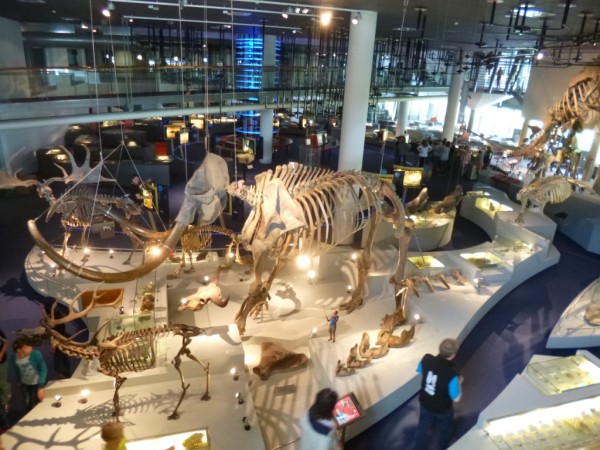A good theme puts pictures and ideas in your head. It has action, people, colour, drama . . . get the theme right and the rest will fall into place.
That was my attempt at developing a ‘theme’ for Susan Cross’s “writing with power, precision and passion” training workshop I attended last week. I won’t try to distill all of the day (hard to do when a lot of it was hands-on practice), but I will talk about themes, as these are the cornerstone of good interpretive writing (good interpretation full stop really).
In interpretation-speak, a theme is a core message or ‘big idea’. The purpose of the theme is to act as a bridge between significance (why you think something is important) and relevance (a way for the visitor to connect to it). It’s the main thing you want to leave your visitors thinking about. Themes can branch out into a series sub-themes, although all the sub-themes should in some way support and illustrate the top-level theme.
People tend to confuse themes with topics. A topic is a subject – for instance ‘local bird species’ is a topic not a theme. To turn that topic into a theme, you would need to spell out what exactly you want to say about local bird species, and put it in familiar, conversational language.
Why bother?
Thinking about themes helps to sharpen your focus when you are writing. It acts as a filter for muddled concepts. Crafting a good theme makes you think carefully about what you want to say to your visitors and why. A strong theme will be succinct and use active verbs to bring people into the place and the story. It will usually stick to one key idea.
The theme also sets the tone of what you will eventually write – formal language begets stuffy writing; conversational language sets you on track for a friendlier tone.
Susan gave us plenty of examples on the day and showed how we could turn the dull into the dynamic. It was a good reminder of the centrality of the theme – a tip I’ll be using in my future writing projects.

Regan, I think you’ve given a perfect explanation of how a strong theme helps a communicator. Hooray!